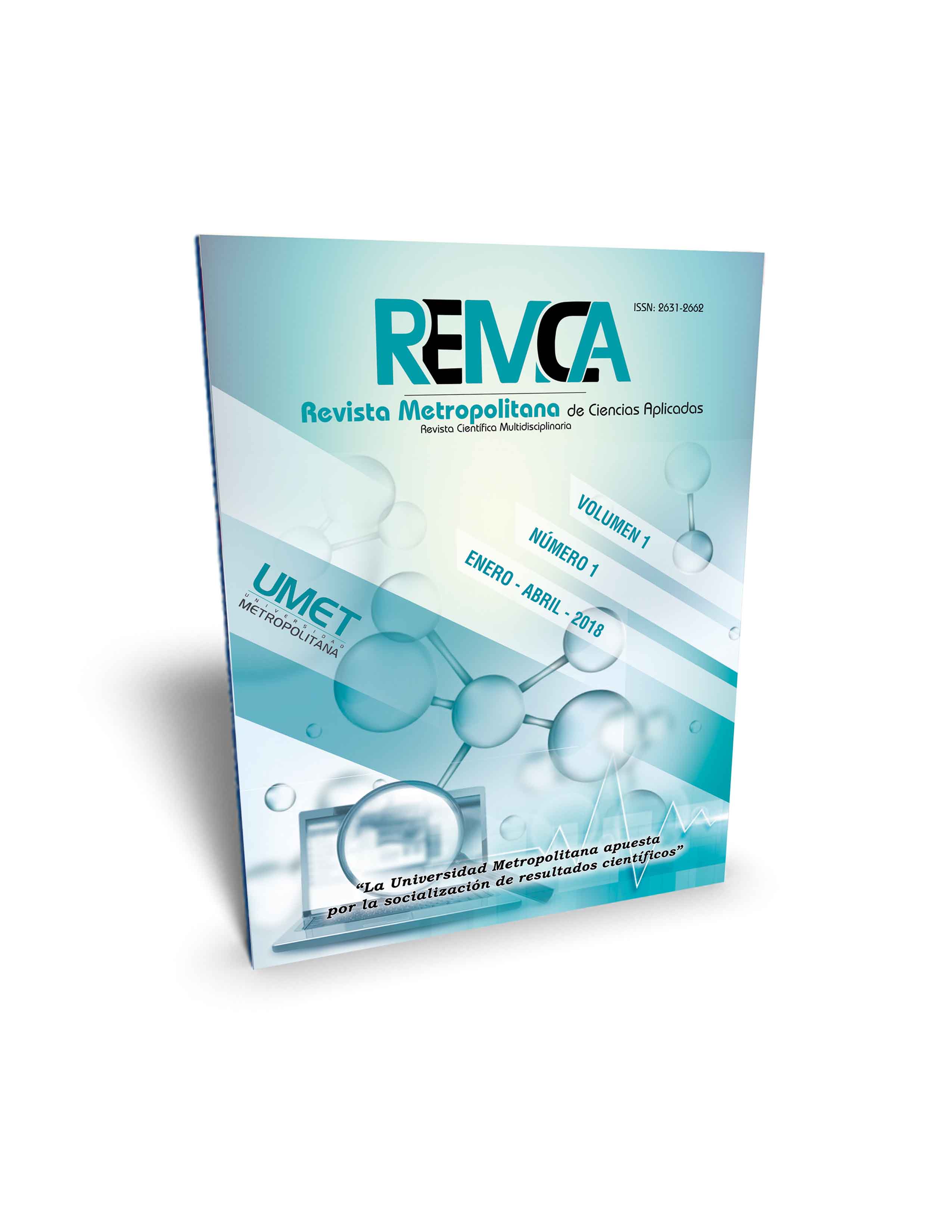Theoretical considerations on the initial training of teachers; Licensed specificities in Pedagogy-Psychology
DOI:
https://doi.org/10.62452/m77cs976Keywords:
Initial training, teaching, professional pedagogical activityAbstract
The process of initial teacher training is characterized by having a period of five years; to be developed in universities that are in charge of the training process, from the intentional action of specialized teachers who comply with the established curriculum that establishes the sequence and instructional content. This article offers the general theoretical considerations to investigate this period, which is essential to face the professional pedagogical activity.
Downloads
References
Cochran-Smith, M., & Fries, K. (2005). The AERA Panel on Research and Teacher Education: Context and Goals. Studying Teacher Education. (pp. 37-68). Washington: American Educational Research Association.
Cortina, A. (2007). El mundo de los valores. Ética mínima y educación. Bogotá: El Buho.
Escudero, J. M. (2010). El centro como lugar de cambio educativo, la perspectiva de colaboración. Congreso Internacional de Organización Escolar. Barcelona.
Escudero, J. M. (2012). El asesoramiento a centros educativos. Madrid: Consejería de Educación y Cultura.
Esteve, J. M. (2011). La formación inicial de los profesores de secundaria. Barcelona: Ariel.
Esteve, J. M. (2012). Identidad y desafíos de la condición docente: El oficio de docente. Vocación, trabajo y profesión en el siglo XXI. Buenos Aires: IIPE-UNESCO/Fundación OSDE.
Esteve, J. M. (2012). La profesión docente en Europa: perfil, tendencias y problemática. La formación inicial. Educación, 340, 19-40. Recuperado de http://www.ub.edu/obipd/PDF%20docs/Formaci%C3%B3%20Inicial/Educaci%C3%B3%20Secundaria/Publicacions/La%20profesi%C3%B3n%20docente%20en%20Europa%20perfil,%20tendencias%20y%20problem%C3%A1tica.%20La%20formaci%C3%B3n%20inicial.%20Esteve,%20J.%20M.pdf
Imbernón, F. (2012). La profesión docente desde el punto de vista internacional ¿qué dicen los informes? Educación, 340, 41-50. Recuperado de http://www.revistaeducacion.mec.es/re340/re340_03.pdf
Imbernon, F. (2014). La educación en el siglo XXI. Los retos del futuro inmediato. Barcelona: GRAO.
Lorenzo, J. A. (2011). La enseñanza media en España y el desarrollo personal del estudiante. Interuniversitaria, (17), 71-88.
Marcelo, C. (2007). La formación docente en la sociedad del conocimiento y la información: avances y temas pendientes. Comunicación y pedagogía. Barcelona: Ariel.
Downloads
Published
Issue
Section
License
Copyright (c) 2018 Katia Sánchez González, Elizabeth Díaz Vera, Iselys Fuentes Suárez (Autor/a)

This work is licensed under a Creative Commons Attribution-NonCommercial-ShareAlike 4.0 International License.
Authors who publish in Revista Metropolitana de Ciencias Aplicadas (REMCA), agree to the following terms:
1. Copyright
Authors retain unrestricted copyright to their work. Authors grant the journal the right of first publication. To this end, they assign the journal non-exclusive exploitation rights (reproduction, distribution, public communication, and transformation). Authors may enter into additional agreements for the non-exclusive distribution of the version of the work published in the journal, provided that acknowledgment of its initial publication in this journal is given.
© The authors.
2. License
The articles are published in the journal under the Creative Commons Attribution-NonCommercial-ShareAlike 4.0 International License (CC BY-NC-SA 4.0). The terms can be found at: https://creativecommons.org/licenses/by-nc-sa/4.0/deed.en
This license allows:
- Sharing: Copying and redistributing the material in any medium or format.
- Adapting: Remixing, transforming, and building upon the material.
Under the following terms:
- Attribution: You must give appropriate credit, provide a link to the license, and indicate if any changes were made. You may do this in any reasonable manner, but not in any way that suggests the licensor endorses or sponsors your use.
- NonCommercial: You may not use the material for commercial purposes.
- ShareAlike: If you remix, transform, or build upon the material, you must distribute your creation under the same license as the original work.
There are no additional restrictions. You may not apply legal terms or technological measures that legally restrict others from doing anything the license permits.




